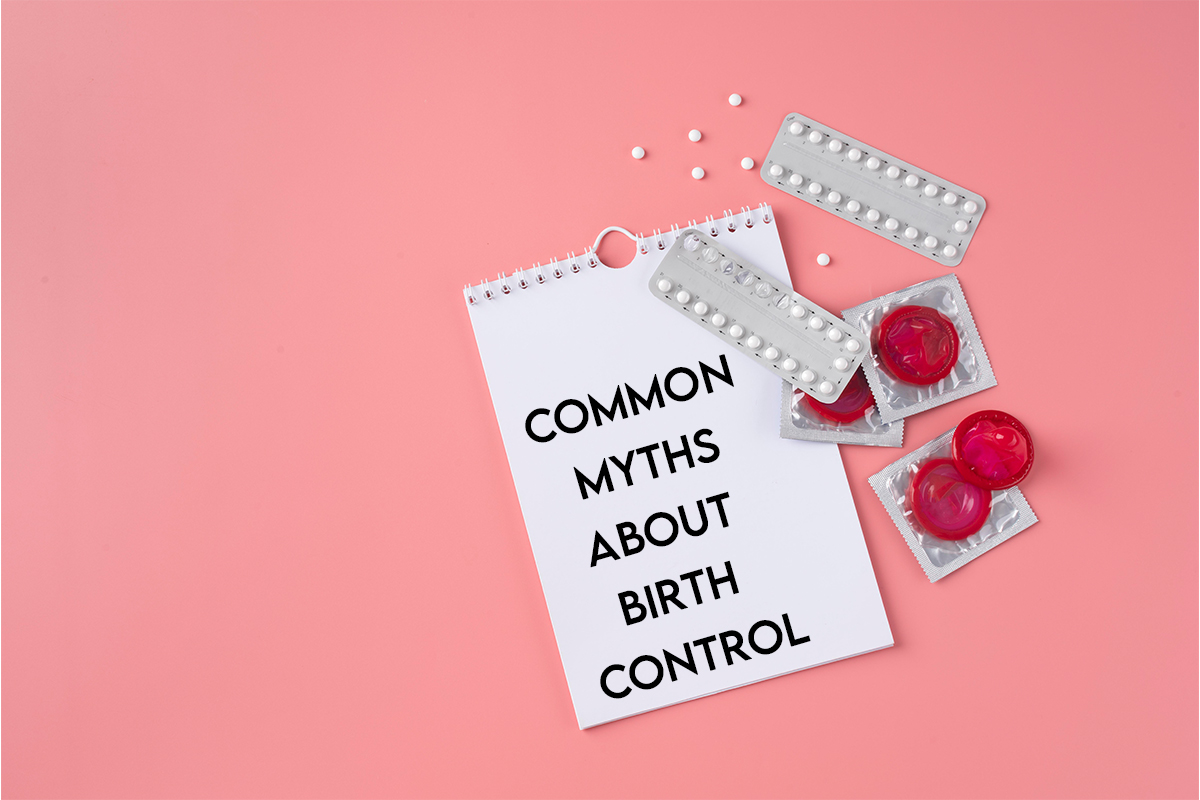
Debunking Common Myths About Birth Control
When it comes to birth control, there are many myths floating around that can cause confusion and misinformation. Understanding the facts about birth control is crucial for making informed decisions about your reproductive health. In this article, we’ll debunk some of the most common myths surrounding birth control in simple, easy-to-understand language. By separating fact from fiction, we aim to empower you with the knowledge you need to take control of your contraceptive choices confidently.
Ready to get the facts straight? Let’s dive in and untangle the truth about birth control!
Myth 1: Birth Control Pills Cause Weight Gain:
One of the most common myths about birth control pills is that they cause weight gain. While some individuals may experience slight weight fluctuations when starting hormonal birth control, numerous studies have found no significant link between birth control pills and long-term weight gain. Any weight changes are typically minimal and can often be assigned to other factors such as diet, lifestyle, or hormonal fluctuations unrelated to birth control.
Myth 2: Birth Control Makes You Infertile:
Another widespread misconception is that using birth control methods, mainly hormonal ones, can lead to infertility. In reality, most forms of birth control are temporary and reversible. Once a person stops using birth control, their fertility typically returns to normal within a few menstrual cycles. However, it’s essential to choose the proper method for your body and consult with a healthcare provider if you have concerns about fertility.
Myth 3: Birth Control Save Against Sexually Transmitted Infections (STIs):
Many people mistakenly believe that birth control, such as the pill or the patch, can also protect against STIs. However, most contraceptive methods only prevent pregnancy and do not offer protection against STIs. To reduce the risk of contracting STIs, individuals should use barrier methods such as condoms consistently and correctly during sexual activity, especially with new or multiple partners.
Myth 4: Birth Control Is Only for Women:
While birth control pills and other hormonal methods are primarily marketed toward women, birth control options are available for people of all genders. Male condoms, for example, are a widely used form of contraception that is effective at preventing pregnancy and reducing the risk of STIs. Additionally, male sterilization (vasectomy) is a permanent birth control option for those who have completed their family planning.
Myth 5: Birth Control Causes Cancer:
There is a common belief that hormonal birth control methods, such as the pill or the patch, can increase the risk of cancer. However, extensive research has shown that hormonal contraceptives are generally safe and do not significantly increase the risk of cancer. Some studies suggest that certain hormonal contraceptives may even reduce the risk of ovarian and endometrial cancer. As with any medication, it’s essential to discuss the potential risks and benefits of birth control with a healthcare provider.
Myth 6: You Can’t Get Pregnant While on Your Period:
Some individuals believe that they cannot get pregnant while on their period, leading them to forgo using contraception during this time. However, it’s important to note that sperm can survive in the female reproductive tract for several days, and ovulation can occur at different times in the menstrual cycle. While the likelihood of getting pregnant during menstruation is lower compared to other times in the cycle, it is still possible, especially for those with irregular menstrual cycles.
Closure:
Dispelling myths and misconceptions about birth control is crucial for promoting informed decision-making and reproductive health. By understanding the facts about various birth control methods, individuals can make empowered choices that align with their needs and preferences. It’s essential to consult with a gynecologist to discuss the most suitable birth control options based on individual health factors and lifestyle considerations. Ultimately, accurate information empowers individuals to take control of their reproductive health and well-being.